
Johnson & Johnson presented new long-term data of icotrokinra from ICONIC-LEAD, along with data from ICONIC-ADVANCE indicating head-to-head superiority with standard-of-care deucravacitinib.

Luke Halpern is an assistant editor with Pharmacy Times. Luke wrote for Pharmacy Times in the summer of 2023, and assumed a full-time role in June 2024. His work has been featured in Pharmacy Times and the American Journal of Managed Care. He graduated from the University of Massachusetts, Amherst in May 2024.

Johnson & Johnson presented new long-term data of icotrokinra from ICONIC-LEAD, along with data from ICONIC-ADVANCE indicating head-to-head superiority with standard-of-care deucravacitinib.

New results from the phase 3 HYPERION trial demonstrate reduced risks as early as the year following diagnosis of pulmonary arterial hypertension.

Martha Thorne discusses the operational, financial, and patient care challenges pharmacies face under the 340B rebate pilot and the need for advocacy, automation, and transparency to sustain access.

The angiopoietin-like-3-targeting treatment received an expanded indication for individuals aged 1 through 5 years, building on earlier approvals in older populations.

Pulmonary fibrosis was observed in many patients with severe COVID-19 in a retrospective cohort study, indicating the need for more effective care and prevention.

For American Pharmacists Month, see how recent instances of conflicting medical advice show the importance of pharmacists as trustworthy health care professionals.

Investigators found inconsistencies across subgroups, but the overall efficacy and safety of pneumococcal vaccination was affirmed.

The approval was based on positive efficacy and safety indications from the IMforte clinical trial of patients with extensive-stage small cell lung cancer (SCLC).

The RNA interference therapy indicated that, along with its therapeutic benefits in cardiomyopathy transthyretin-mediated amyloidosis (ATTR-CM), there was a reduced risk of GI events.

In an announcement at the White House, Pfizer said it will reduce drug prices in the United States to match those of other countries.

AMT-130 demonstrates meaningful reductions in disease progression in the rare and chronic Huntington disease.
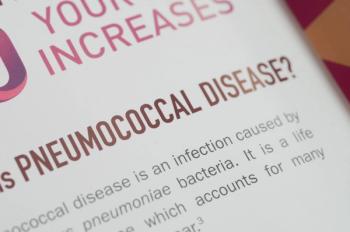
Pharmacists should ensure pneumococcal vaccination strategies are tailored to high-risk individuals, especially those with type 2 diabetes (T2D).

Inclisiran, a small interfering RNA PCSK9 inhibitor, was effective and tolerable in real-world practice, though pharmacists must make important considerations for patients switching from another medicine.

The new formulation of intravenous immunoglobulin (IVIG) provides patients another option to help reduce the incidence of severe bacterial infections.

A meta-analysis found that proprotein convertase subtilisin/kexin type 9 (PCSK9) inhibitors induce sustained reductions across lipid biomarkers, including low-density lipoprotein cholesterol (LDL-C).

Young, non-diabetic individuals were most likely to delay statin initiation for low-density lipoprotein cholesterol (LDL-C) lowering, increasing their risk of myocardial infarction.

Individuals with heart failure who are Black, Hispanic, or Asian face a much earlier onset of heart failure hospitalization compared with White patients.
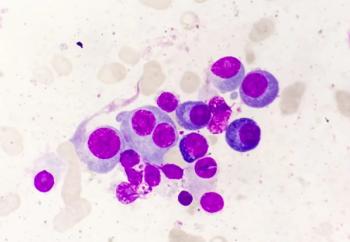
In a dose-escalation portion of LINKER-MM4, linvoseltamab monotherapy demonstrated a high overall response rate (ORR) and minimal residual disease (MRD) negativity in both transplant-eligible and transplant-ineligible patients with newly diagnosed multiple myeloma (NDMM).

Using the United States Vaccine Adverse Event Reporting System database, investigators found that pneumococcal vaccination led to predominantly nonserious adverse events.

Recent studies reveal that simvastatin does not enhance escitalopram's effects in treating depression, despite improving metabolic health in obese patients.
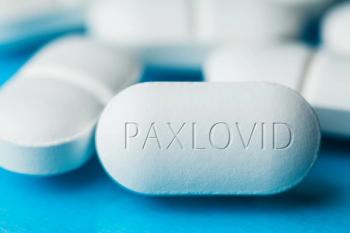
New research raises questions regarding the efficacy of nirmatrelvir-ritonavir in preventing long COVID, with limited protection found among older adults and high-risk individuals.

Pneumococcal 21-valent conjugate vaccine (PCV21) was found to be immunogenic and safe in individuals living with HIV, providing significant indications of efficacy in immunocompromised patients.
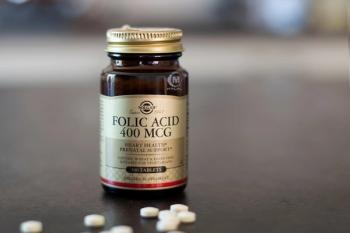
The FDA linked cerebral folate deficiency to developmental delays with autistic features, although research remains ongoing.
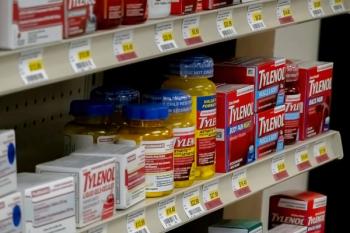
However, experts say that a causal relationship between acetaminophen and autism has not been established.

Host Craig Beavers discusses the validity of meta-analyses and highlights analyses from European Society of Cardiology (ESC) 2025 with Bill Baker, PharmD, FCCP, FACC, FAHA.

Guselkumab becomes the first and only IL-23 inhibitor with a fully subcutaneous induction regimen for adults with ulcerative colitis.
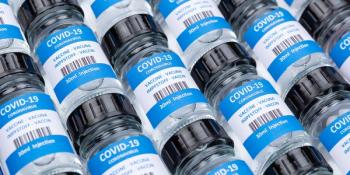
The Advisory Committee on Immunization Practices (ACIP) voted to recommend that COVID-19 vaccines be administered through individual-based decision-making.

A multicenter registry analysis reveals that high-risk cardiovascular patients often miss opportunities to receive pneumococcal and influenza vaccinations, showcasing gaps that could be filled by pharmacists.
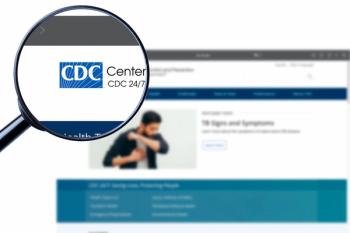
Members of the Advisory Committee on Immunization Practices (ACIP) voted to restrict the combined measles, mumps, rubella, and varicella (MMRV) vaccine and hepatitis B vaccine for certain age groups.

Participating in a pharmacist-led secondary intervention clinic helped achieve large reductions in cholesterol levels among patients who have experienced an acute coronary syndrome.